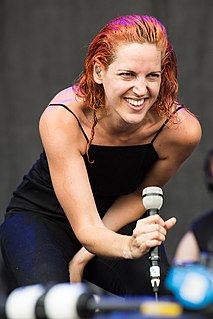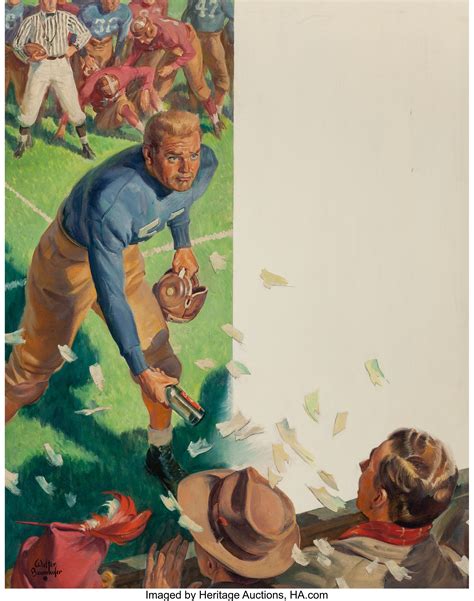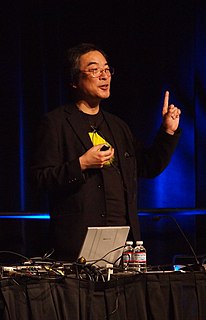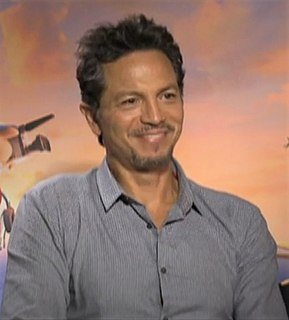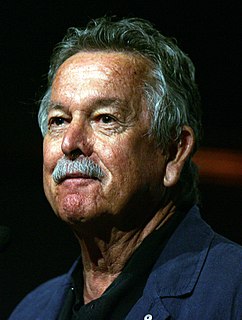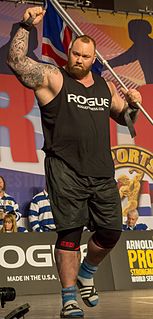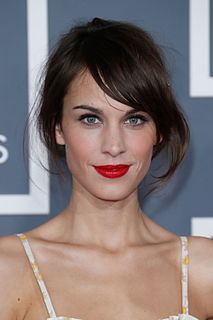A Quote by Vanessa Diffenbaugh
I was a screenwriting and studio art major in college, so even though I don't have any training as a floral designer, I have a very particular visual aesthetic.
Related Quotes
When objects are presented within the context of art (and until recently objects always have been used) they are as eligible for aesthetic consideration as are any objects in the world, and an aesthetic consideration of an object existing in the realm of art means that the object's existence or functioning in an art context is irrelevant to the aesthetic judgment.
Fashion museums think the more you know about the significance of clothes culturally, the more interesting they are. We certainly don't neglect the aesthetic aspects of clothes. But, I feel that what sets us apart from social, economic, and even aesthetic, or art historical context is that we are not only talking about clothes as kind of art objects created by an artist designer, but also we're talking about the various meanings that clothes have in the world, and how that changes and how we kind of create meanings around clothes.
What quality is shared by all objects that provoke our aesthetic emotions? Only one answer seems possible— significant form. In each, lines and colors combined in a particular way; certain forms and relations of forms, stir our aesthetic emotions. These relations and combinations of lines and colors, these aesthetically moving forms, I call ‘Significant Form’; and ‘Significant Form’ is the one quality common to all works of visual art.
The beautiful is and remains beautiful though it arouse no emotion whatever, and though there be no one to look at it. In other words, although the beautiful exists for the gratification of an observer, it is independent of him. In this sense music, too, has no aim (object), and the mere fact that this particular art is so closely bound up with our feelings by no means justifies the assumption that its aesthetic principles depend on this union.
There is a terrific disadvantage in not having the abrasive quality of the press applied to you daily. Even though we never like it, and even though we wish they didn't write it, and even though we disapprove, there isn't any doubt that we could not do the job at all in a free society without a very, very active press.
Art shouldn't be something that you go quietly into an art gallery and dip your forelock and say 'I have to be very quiet, I'm in here amongst the art.' It's here, art's everywhere. It's how you use your eyes. It's about the enjoyment of visual things. And it's certainly not for any one group of people.

